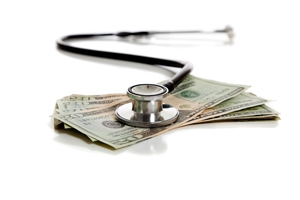
Though employee benefit costs are expected to rise this year, the rate of increase won't be as high as in previous years, according to the results of new analysis.
Among several different health plan types – including preferred provider organizations, point-of-service and health maintenance organizations – health care costs are anticipated to increase by more than 8 percent, advisory services firm Buck Consultants found. In each of these groupings, though, that's down from the previous year. For example, in 2013, the projected increase was 9 percent for PPOs and 8.7 percent for HMOs.
Harvey Sobel, principal and consulting actuary for Buck, indicated that the slight decline in health cost increases may stem from more people opting forego treatment.
"Even though the decline is good news, most plan sponsors still find 8-9 percent cost increases unsustainable," said Sobel.
Last year, approximately 25 percent of women under the age of 65 delayed health care services because of costs, according to the Kaiser Family Foundation. Similarly, 20 percent of women skipped filling a prescription on at least one occasion.
Prescription drug costs are projected to be up by 9 percent this year, according to health insurers, down moderately from last year, Buck Associates found in its report.
While many people may attribute current health care costs to the Affordable Care Act, it's not yet known how big a factor the health reform law is playing, according to Daniel Levin, co-author of the report and principal at Buck.
"It's too soon to tell the impact of public and private health exchanges on trend," said Levin. "It may take another few years before we really know if – and by how much – the exchanges will 'bend' the cost curve."





